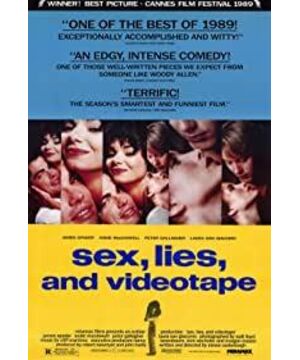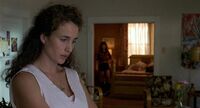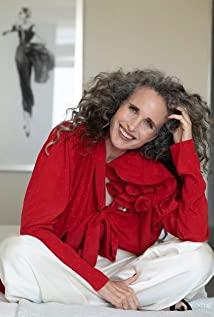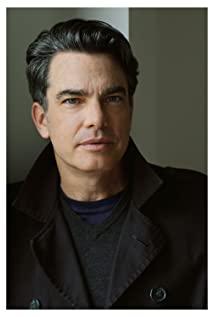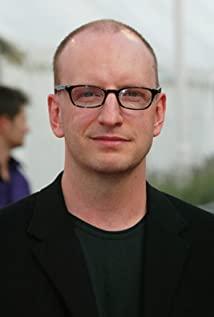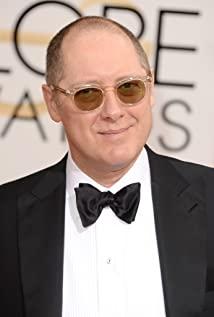"The Videotape": Lies About Sex The emergence of videotape has tipped the balance. In front of the camera, Cynthia and Ann shared their inner secrets. I don't know why, people always lie to those they are close to, while being able to face their true self in the face of a cold camera lens, perhaps the characteristics of recording and delay (repeated viewing) make people have to measure the spoken word. every word. The camera provides a reliable and in-depth platform for their communication, it debunks the hypocrisy and forces everyone to face their true selves. Maybe because machines can't speak, people can ignore them.
As Graham said, when he was chasing Elizabeth, he was always lying unconsciously. He didn't dare to face his impotence. He said that people were covering themselves up when they were talking. And he used a camera to record the real voice. After nine years of filming, he has been able to face himself, so he returned to his hometown, hoping to have a settlement with Elizabeth. In fact, Graham who appeared at this time should be very sincere. He told Ann about his impotence without any secrets. When Ann asked him what these tapes were used for, he also told her one by one. , to Ann's surprise. Then Ann was annoyed when she heard that her sister dared to let Graham make a tape, but when she found out about the relationship between her husband and Cynthia, she took the initiative to ask Graham to ask him to record her. This can be seen as Ann facing herself s begin. Ann expressed her inner distress, her admiration for Graham, and at the same time she understood Graham's unspeakable secrets. At this time, she suddenly turned the camera around and aimed at Graham, who had always photographed others. Such a move puts Graham within the scope of the subject being photographed, forcing him to face his true self. This unexpected behavior seems to imply the fact that we found out that Graham didn't actually make him stronger by filming the tapes, or overcome his own psychological barriers, and he was still a passive role. Due to the shifting of the camera's position, the "photographer" is exposed under the lens, so that the identities of "shooting" and "being shot" are rapidly replaced. Ann helps Finn overcome her inner obstacles.
Ann filed for divorce from her husband, John, who was annoyed to settle accounts with Graham, who was also angry that Cynthia had been exposed before Graham. When John watched the video and tape recording Ann, he finally understood his wife's difficulties, and also knew why John came back (want to find Elizabeth). The tension between him and them was eased by the tape. And when John told Graham that Elizabeth had slept with him and that she was very good at making love, Graham knew that Elizabeth was hiding the truth from him, and that he was spending money because of her Nine years to record these tapes. He smashed all the tapes and cameras, as if all the lies were smashed with them, and the tapes seemed to have done their job and smashed together with the lies.
The film ends with the opening scene, life without lies calms down and eases, Ann restores a friendly state to her sister, John accepts the fact of the divorce to continue his work, and Graham and Ann come together. A new relationship emerges as if there were no more "lies" between them.
I don't know how the director came up with the idea of combining "sex", "lie" and "video tape". From the plot of the film, there is nothing bizarre. The game between "sex" and "lie" is as common as cat and mouse, "betrayal and cheating" is obviously an old topic (motif). But for this film, the videotape (camera) plays an extremely important role. It is like a hand reaching deep into the hearts of modern people, tearing apart the "lies" that have been deliberately or unintentionally borrowed language to cover up. Umm's videotapes show real individual spaces, and they express their subtle inner feelings that they usually don't want to express - sexual words are "the most secret primitive feelings of human beings". Because of the camera's intervention, a new positional relationship is formed: "shooting and being filmed", which is an interpretation of "right" or "peeping" in a more fashionable language. At the same time, I also feel that this film seems to raise such an ethical proposition worth thinking about: "How is it possible not to lie?" That is what Graham said to the camera. Human reason tells people not to lie, but people can control their own Does language always face the beating heart? It seems that in the language circle of dodging and subtly disguised people often get the pleasure of coursing.
View more about Sex, Lies, and Videotape reviews


